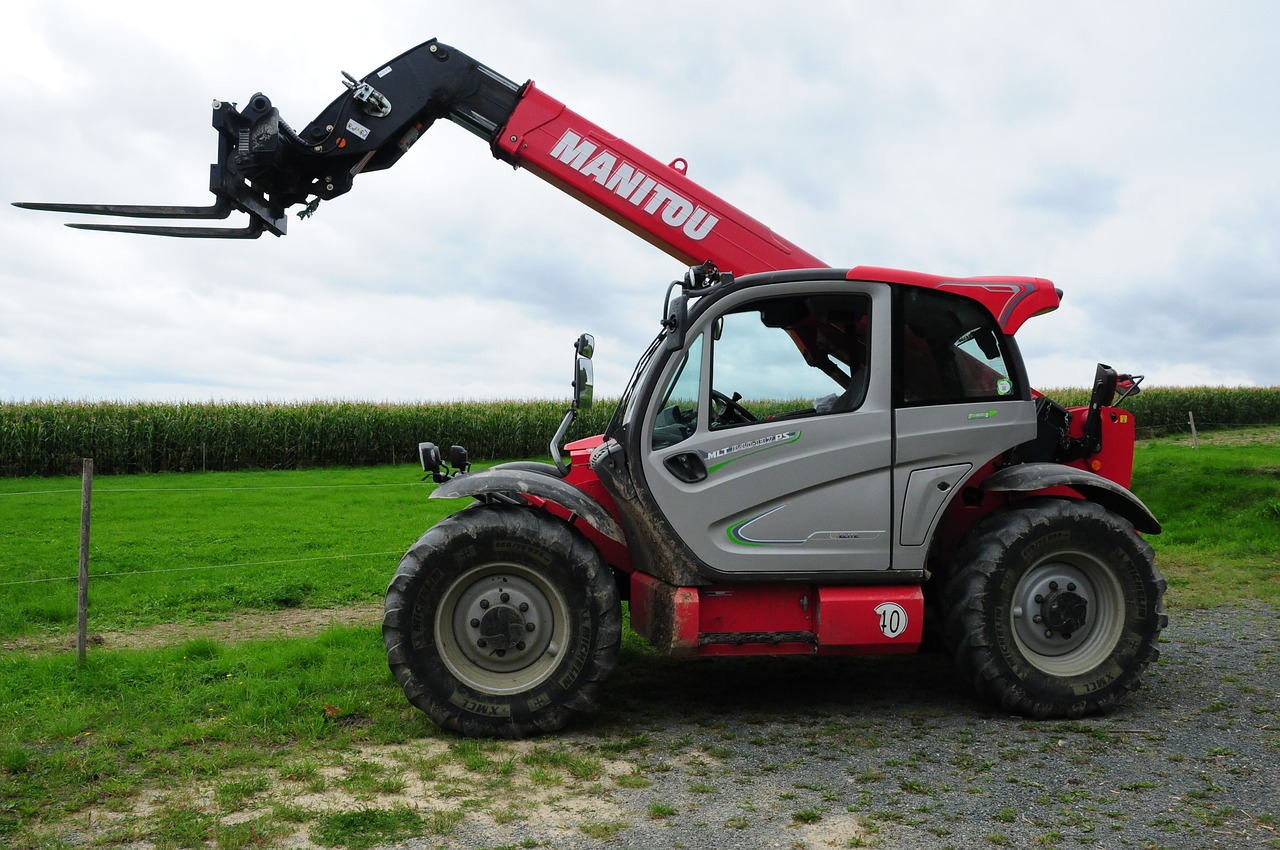Different Types of ForkLift and a Guide to Get Certified to Operate Them
Construction waste created by various means requires forklifts to help with transportation and handling of materials. Forklift accidents seriously injure 95 people daily and kill at least one.
This is why there are many legal guidelines and precautions to follow when driving a forklift, including an approved education from the motor manufacturer.
If you’re wondering, “do I need a forklift certification?” the simple answer is yes. Operating a forklift can often be dangerous or even fatal when procedures are not followed. The essential skills required for forklift operation are monitoring the equipment, recognizing signals, and interpreting operating instructions.
Here’s a guide to help you know about types of forklifts and how to get certified to operate them.
What is a Forklift?
A forklift is a piece of machinery that you can use to lift and move heavy objects. It is powered by an engine or motor and uses two or more small wheels on the front to steer. Forklifts are designed for efficient lifting in warehouses, factories, and construction sites.
There are different types of forklifts, and they serve very different purposes. Some lift loads higher, some lower, and some with more ease than others do. Some of them are:
- Forklift Truck: This type of truck is designed to lift and transport heavy loads employing a long horizontal boom arm attached to the vehicle’s front.
- Reach Stacker: You can move such forklifts from one location to another on its track instead of being fixed in place, as with a traditional crane.
- Mobile Telescopic Handler:This kind of machine can usually extend up to 30 meters in length and have three or four outriggers on each side so it can move over uneven terrain without tipping over.
There are many challenges in handling these kinds of forklifts, such as:
- Safety: The safety risks involved in lifting heavy loads over long distances is very high, and there is a possibility of risk of damage to both yourself and others if not careful.
- Getting the Equipment into Place: Finding ways to get this equipment into position without damaging your business or property can be challenging at times, mainly when you have limited space available.
Common Guidelines
To operate a forklift, you must be able to do so without any risk of injury to yourself or others and be physically capable of doing so. A driver’s license is not required to operate a forklift if:
- You have been trained on how to use it safely.
- Can prove that you have been trained by an authorized trainer and are certified to operate the equipment safely and effectively.
If you do not know how to manage your forklift correctly, then you should take lessons from an experienced operator who knows how to drive safely with this equipment.
So, you are now aware of the types of forklifts, the challenges when handling them, and operational guidelines. Next is the turn to answer your question, “do I need a forklift certification?” Here’s why certification is necessary and how to get certified.
Benefits of Getting Forklift Certification?
Forklift certification is a process that teaches the skills and knowledge needed to operate a forklift. It is an essential step in becoming a qualified forklift operator and obtained through various training providers.
Training your staff on using a forklift safely ensures that employees will always use them correctly, minimizing accidents and reducing liability issues. A forklift operator certification program not only creates a safer work environment but also gives your company a competitive edge in today’s marketplace.
Employers may even offer perks such as lower insurance premiums or more flexible work schedules to obtain an additional qualification through a forklift operator training course.
Additionally, when your employee passes their test with high marks, you can be sure they understand everything about operating machinery correctly and know how to handle any difficult situations they might encounter while working on a job site.
Benefits to Employees
- It protects you from workplace injuries.
- It helps increase job opportunities.
- It can lead to higher wages.
- You can move up the ladder quickly and easily.
The Bottom Line
You have got the answer to your question; so, what’s next? If you work in warehousing, trucking, or any type of business where the use of a forklift is required, then you must be certified to operate them properly and safely.
Whether you need training on manipulating a powered industrial truck, an Order Picker, or a Pallet Jack, reliable course providers offer comprehensive training that will give you everything you need to get started.

